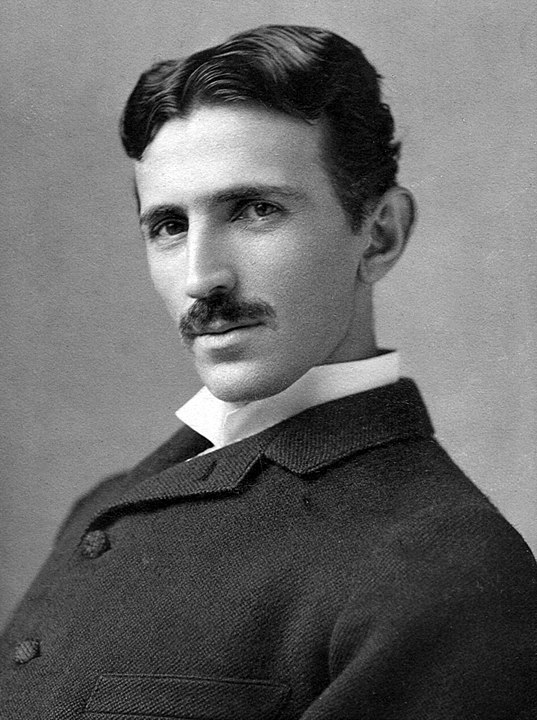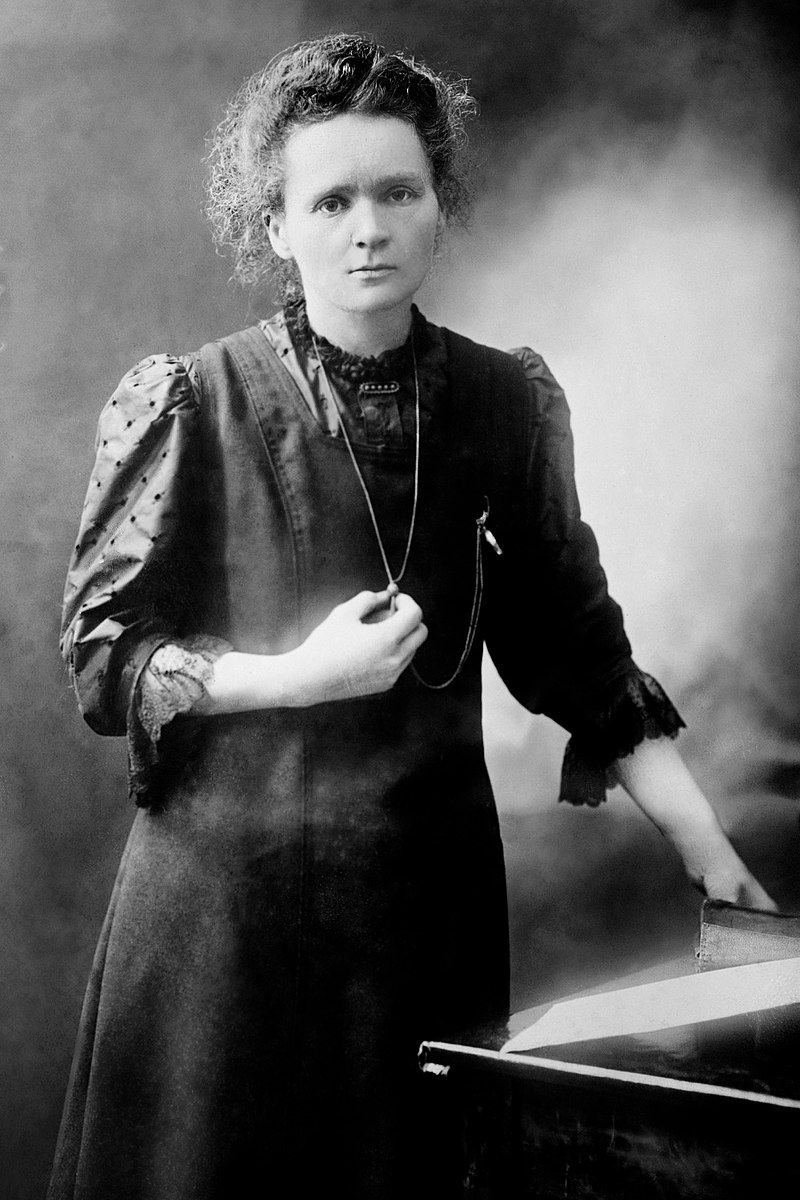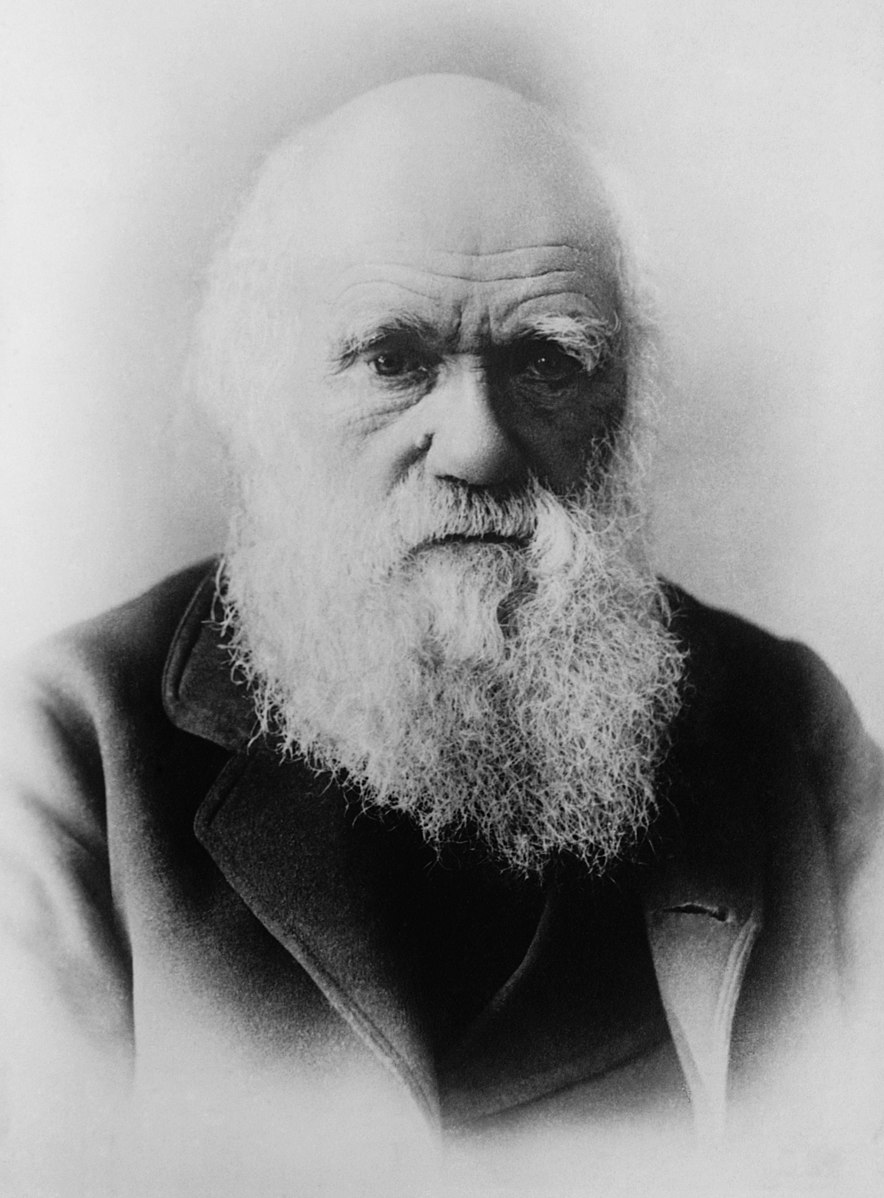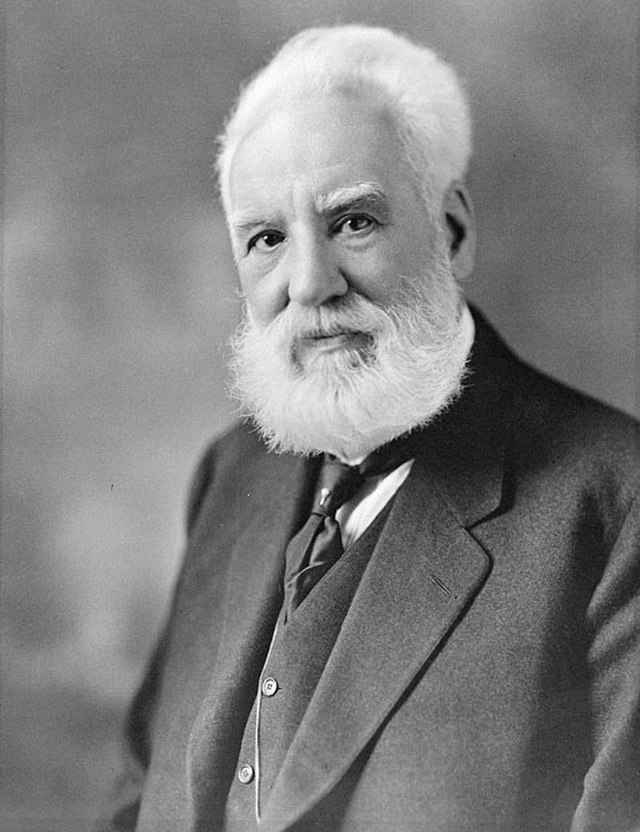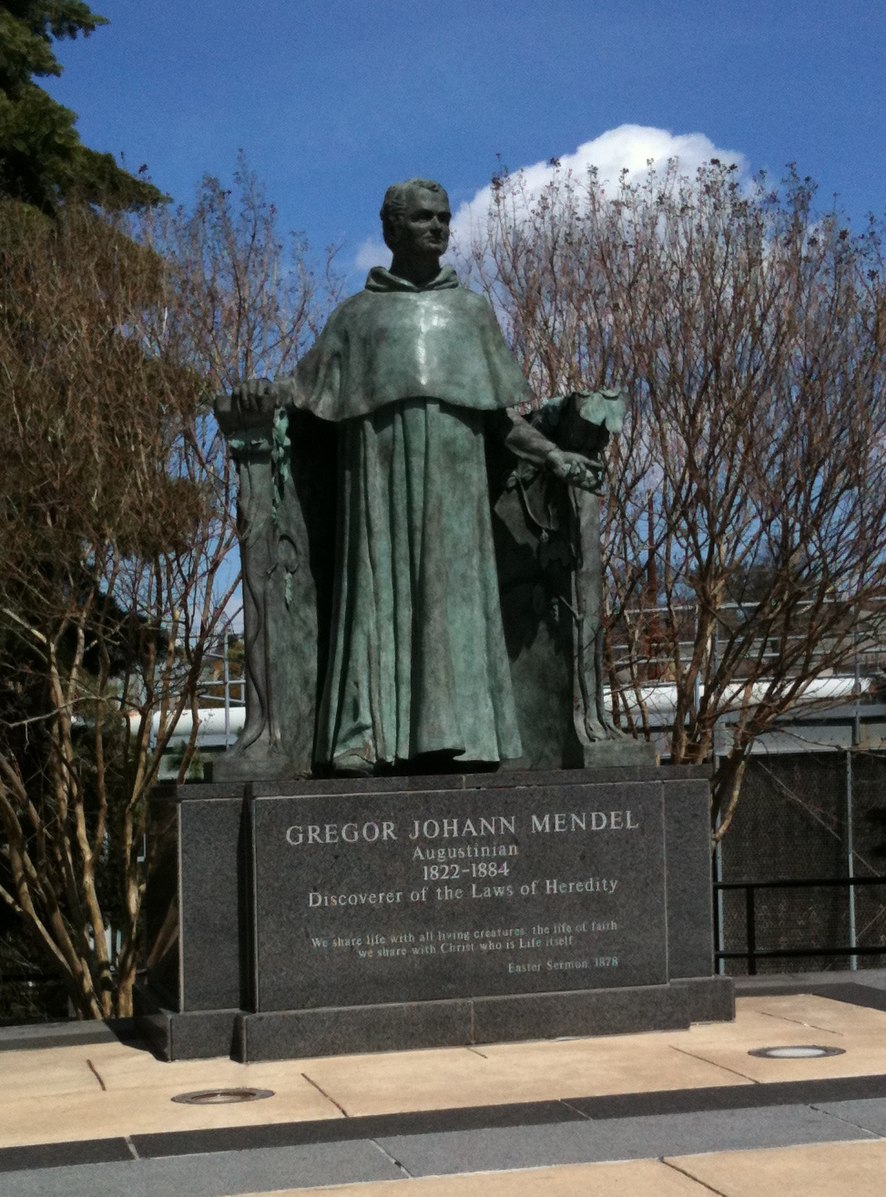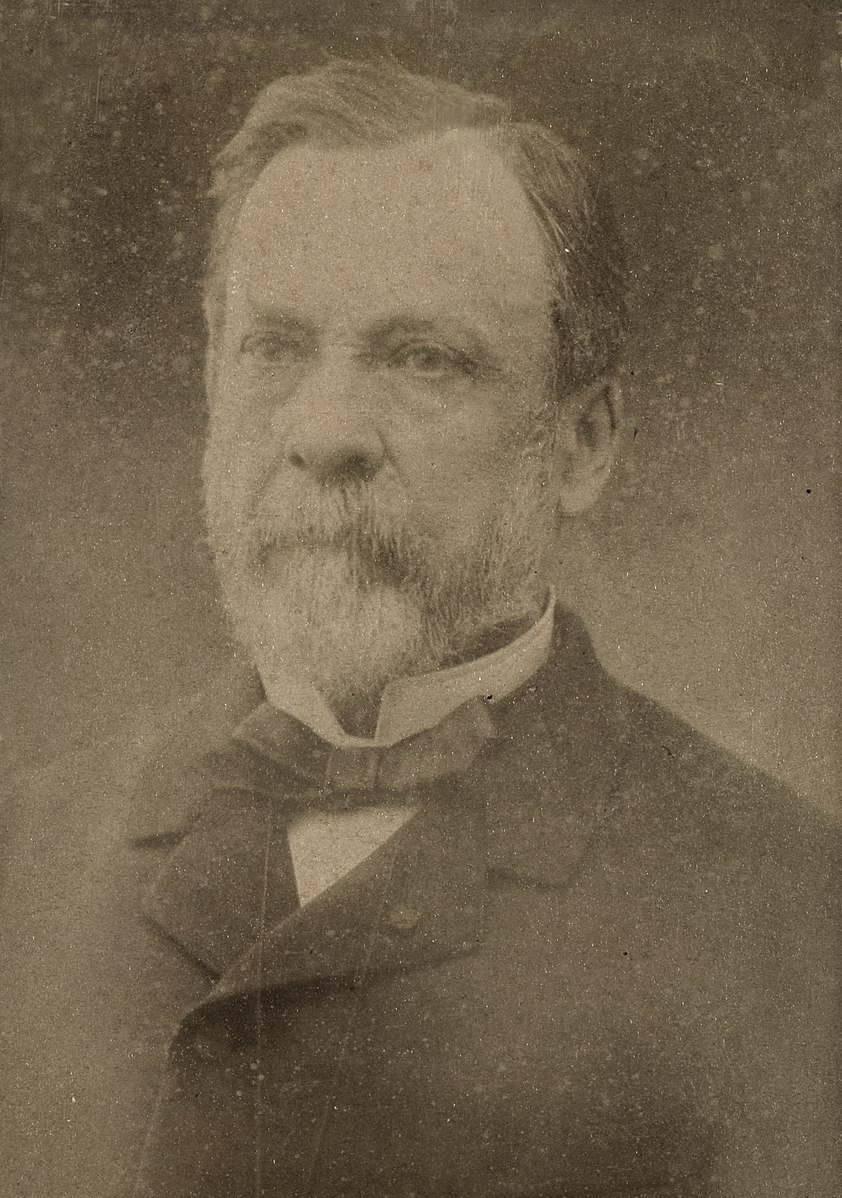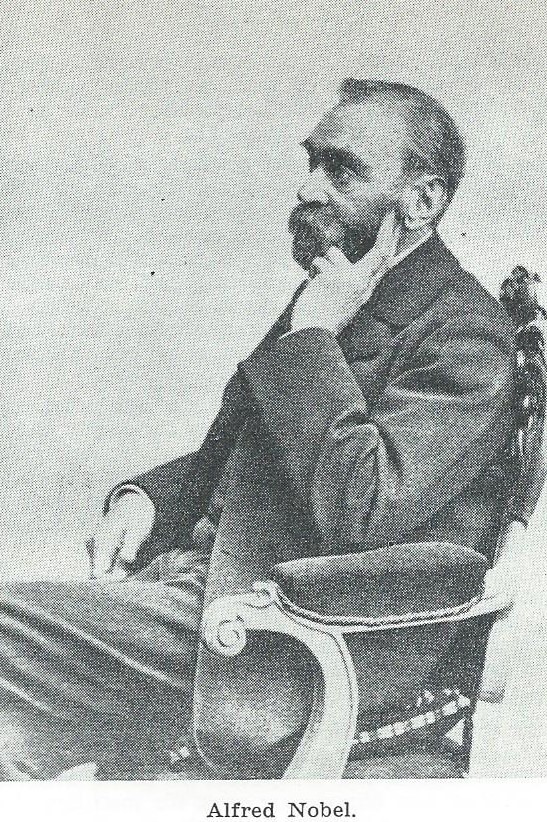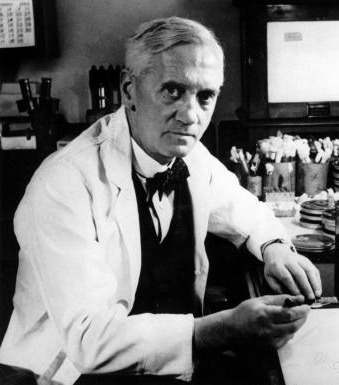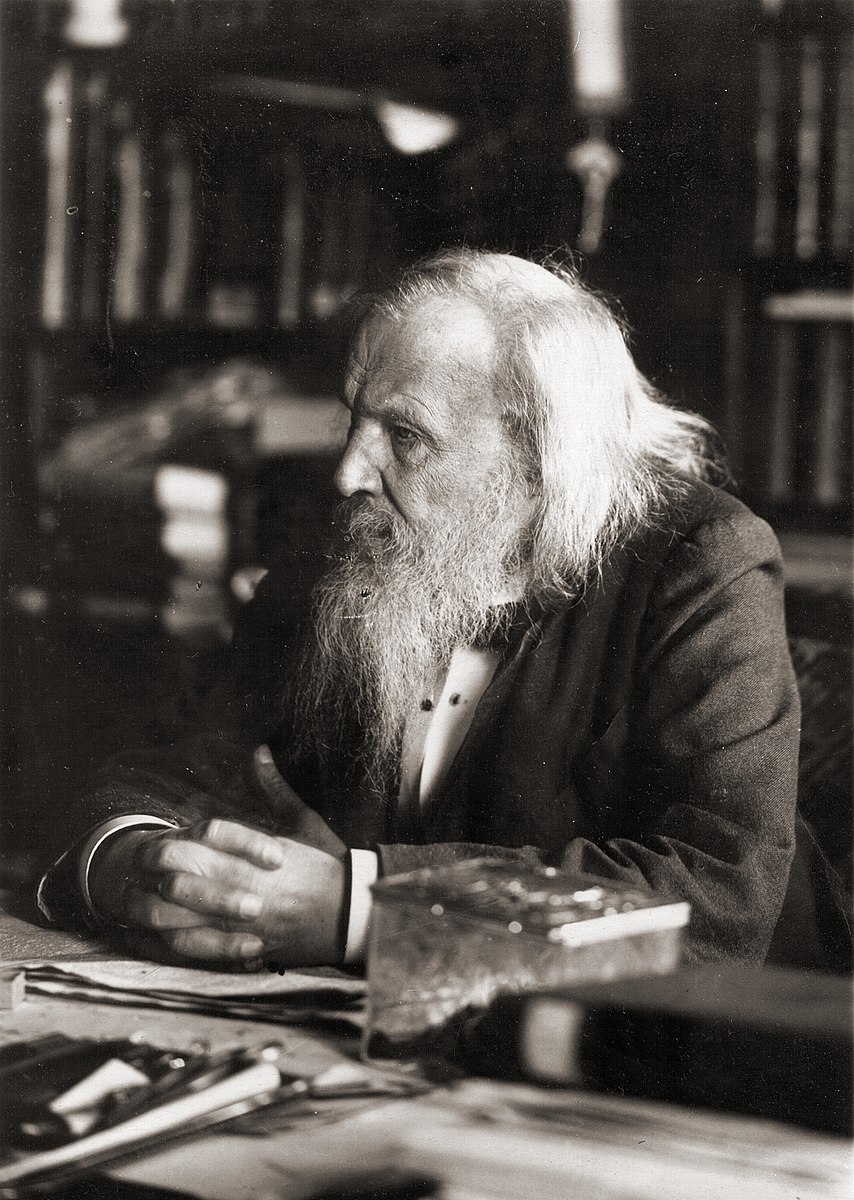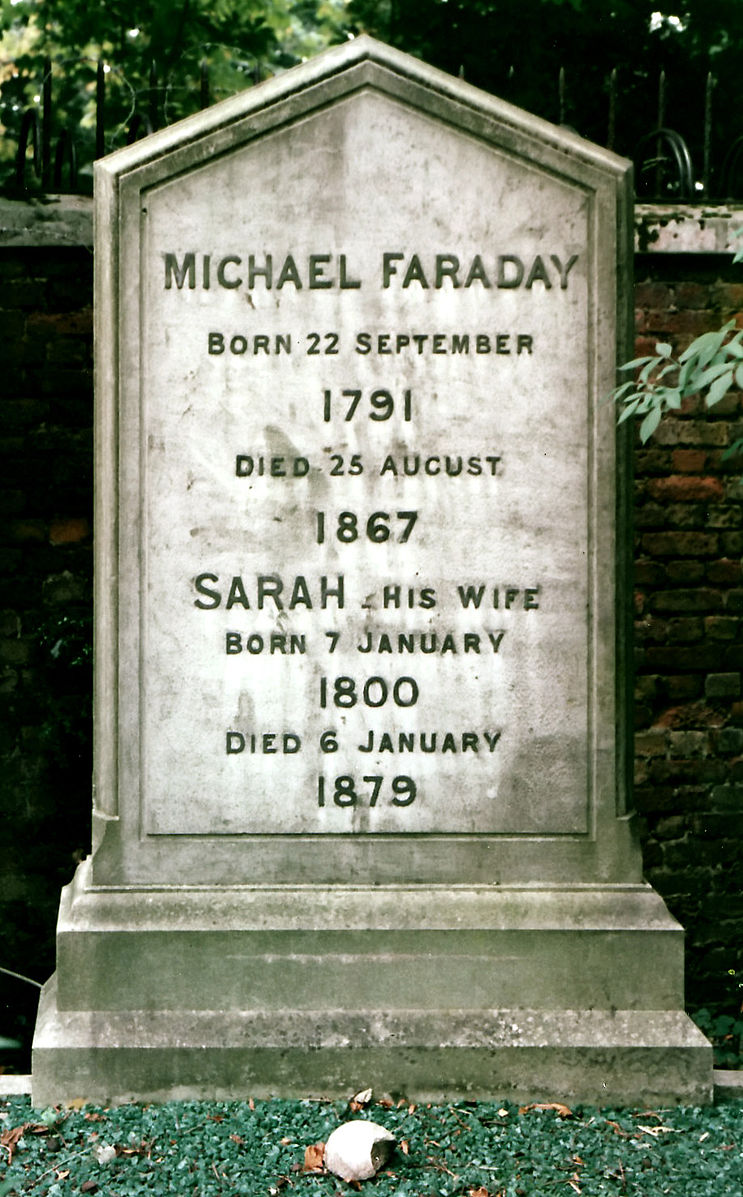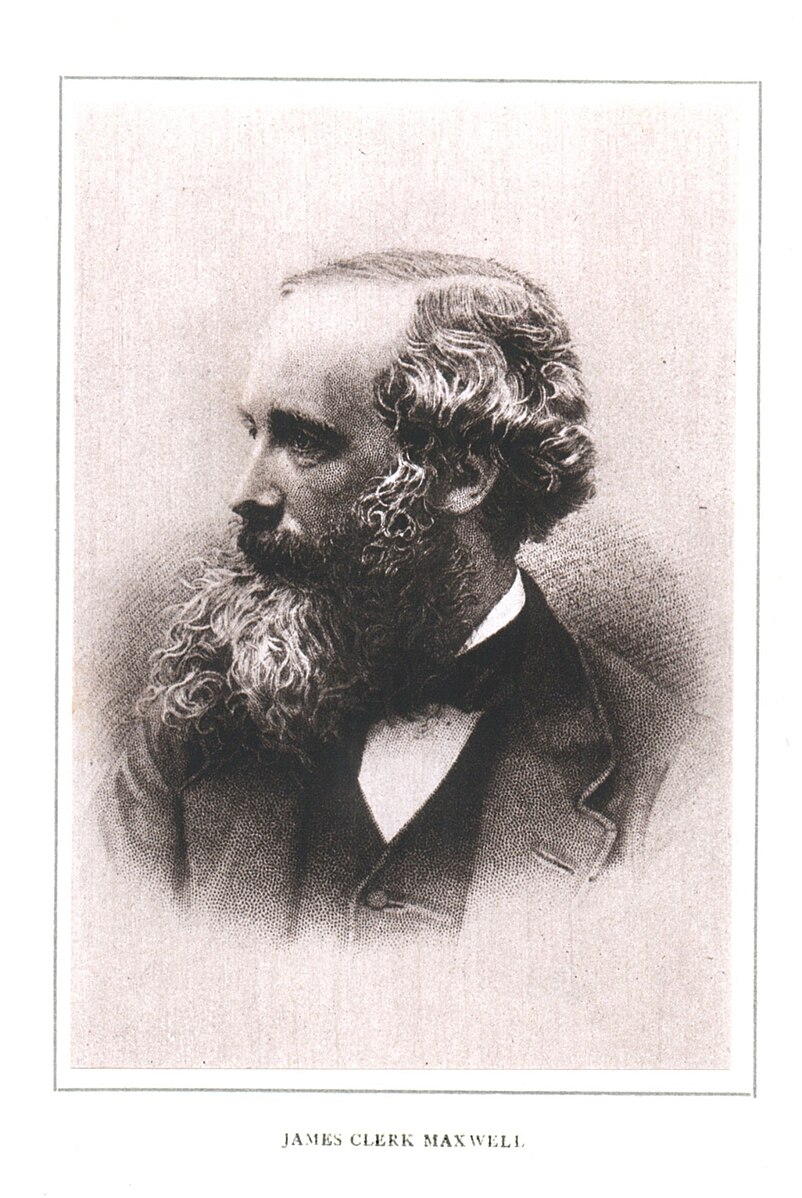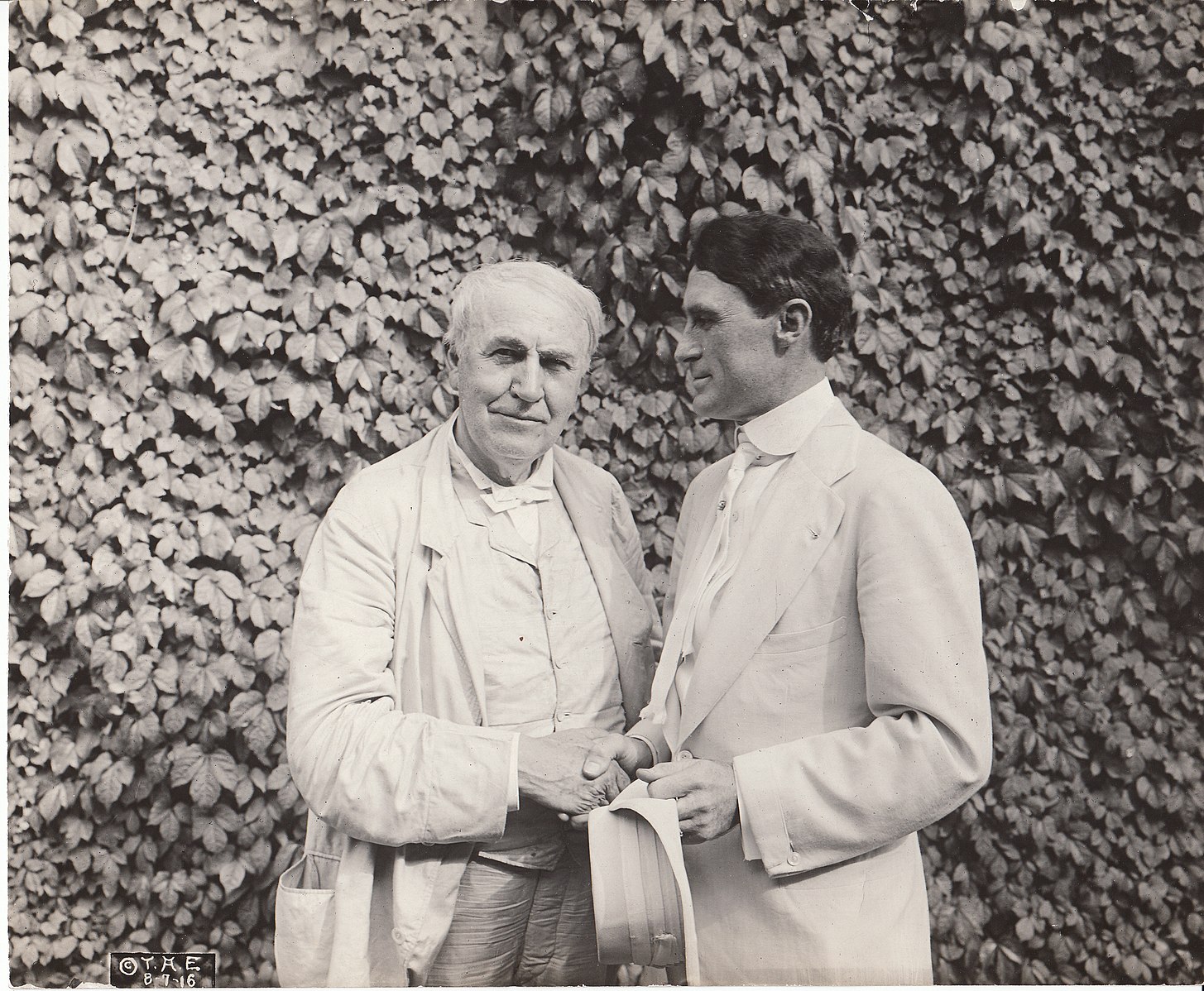The 19th century witnessed the beginning of modern science. The 19th century witnessed the beginning of modern science. Some people refer to the 19th century as “the Era of Science.” Significant theoretical and practical progress was made in both chemistry and physics throughout the course of the century.
The old term philosopher was replaced by the word scientist in 1833 by William Whewell. There are a lot of influential ideas and innovative inventions that emerged in the 19th century and among those were Charles Darwin’s “The Origin of Species” which introduced the idea of evolution by natural selection. Other significant discoveries were the first vaccine against rabies, the creation of the periodic table of elements, and the creation of electromagnetism as a new branch of science. But all of these great innovations and discoveries would not be possible without the brilliant minds behind them.
1. Nikola Tesla
(pictured above)
Nikola Tesla was a Serbian-American inventor. He is best known for his development of alternating current electrical systems and his most popular invention was the Tesla Coil which is a circuit that transforms energy to extremely high voltage charges that create powerful electrical fields that is capable of producing electrical arcs. Tesla was also the one who pioneered the development of x-ray technology, radar technology, and the rotating magnetic field.
Nicola Tesla is known as a skilled inventor who made substantial contributions to communication, electricity, and industry.
Tesla developed the first hydroelectric power plant near Niagara Falls, New York, harnessing the energy of the waterfalls that he had admired as a boy. After three years of work, on November 16, 1896, residents of nearby Buffalo received their electricity. Today, a statue of Nikola Tesla overlooks the falls from Goat Island.
Interesting Facts:
- Invented the alternating current (AC) electrical system.
- Developed the Tesla coil.
- Worked on wireless communication and energy transmission.
- Held over 300 patents by the end of his life.
- Tesla’s innovations contributed to the modern electrical grid.
2. Marie Curie
Marie Curie was a Polish chemist and physicist. She was born Maria Sklodowska in Poland on November 7, 1867 to a math and physics professor father, she shown an early aptitude for science. But, the University of Warsaw, where she resided, did not accept female students. She moved to Paris, France to attend the prestigious Sorbonne University and pursue a career in science, where she continued to conduct her experiments. She was the one responsible for coining the term and theorizing the concept radioactivity. She also discovered the elements polonium and radium and she founded techniques for isolating radioactive isotopes. Marie Curie was the first woman that won a Nobel Prize in Chemistry.
Interesting Facts:
3. Charles Darwin
Charles Darwin was an English naturalist and biologist. He was born in Shrewsbury, Shropshire, England on February 12, 1809. He studied medicine at Edinburgh University and biology at Cambridge University. He was suggested as a naturalist for the HMS Beagle, which was going to South America and the South Seas on a long scientific survey journey. He is best known for his contributions to the science of evolution which changed the world’s outlook at the creation of life.
Charles Darwin is credited with the publication of the Theory of Evolution, which explains how life evolved from a unicellular creature to humans. He was also the first person to establish the concept that all species descended from common ancestors and that it creates a branching pattern of evolution. He called this process the natural selection. Charles Darwin, a prolific author, also authored significant works on plants and barnacles.
Interesting Facts:
- Proposed the theory of natural selection.
- Published “On the Origin of Species” in 1859.
- Studied at Cambridge University.
- Journeyed on the HMS Beagle for five years.
- His work laid the foundation for evolutionary biology.
4. Alexander Graham Bell
Alexander Graham Bell was a Scottish engineer, scientist, innovator, and inventor. He is most famous for developing the telephone where he worked with his assistant, Thomas Watson. He also worked on the refinement of the phonograph. Alexander Graham Bell held a total of eighteen patents under his name and another twelve patents which he shared with collaborators.
Bell was given the French Volta Prize for his invention in 1880, and with the money, he established the Volta Laboratory in Washington, where he pursued studies in communication, medical research, and ways for teaching speech to the deaf, among others, collaborating with Helen Keller.
After joining the National Geographic Society in 1888, Bell went on to become its president from 1896 to 1904.
Interesting Facts:
5. Gregor Mendel
Gregor Mendel was an Austrian scientist who is hailed as the father of modern genetics because for his pioneering research in the field of heredity. He was an Austrian monk who discovered the fundamentals of heredity through garden experiments. His experiments demonstrated that the inheritance of certain qualities in pea plants follows specific patterns. This became the basis of modern genetics and led to the study of heredity.
He has done extensive analysis and experimentation where he founded the three principles of inheritance, the law of dominance, the law of segregation, and the law of independent assortment. Mendel also developed the concepts of recessive and dominant genes which explainhow genetic traits can be passed along generation to generation.
Interesting Facts:
- Known as the father of modern genetics.
- Conducted pioneering work in pea plants to establish the laws of inheritance.
- His work was published as “Experiments on Plant Hybridization.”
- Mendel was an Augustinian friar and abbot of St. Thomas’ Abbey.
- His principles of inheritance were rediscovered years after his death.
6. Louis Pasteur
Louis Pasteur was a French microbiologist, chemist, and biologist who is known to be the first person who developed the first vaccines for anthrax and rabies. He is also the one who invented the technique of treating wine and milk to stop bacterial contamination in a process called “pasteurization” which is named after him. Louis Pasteur recognized that microbes were responsible for sour alcohol and developed the pasteurization technique, in which bacteria are eliminated by heating liquids and then allowing them to cool. And this process is still widely used today in the food industry.
Pasteur spent a significant portion of his life to research. This investigation and discovery are represented in his works as well as those of other writers who wrote about his legacy and praised his work. Pasteur is still regarded as one of the best scientists of the 19th century.
Interesting Facts:
- Developed the first vaccines for rabies and anthrax.
- Invented the process of pasteurization.
- Made significant contributions to microbiology and germ theory.
- Founded the Pasteur Institute in 1887.
- His work in preventing diseases saved countless lives.
7. Alfred Nobel
Alfred Nobel was a Swedish businessman, inventor, chemist, and engineer. Throughout his career, Alfred Nobel obtained a total of 355 patents. He is famous for inventing dynamite and developing more powerful detonators and explosives to effectively ignite them. He also established almost a hundred factories all over the world to produce explosives which made him one of the wealthiest persons in the world. Alfred Nobel doesn’t have a wife or any children that’s why when he died, he left most of his wealth for the establishment of the Nobel Prize.
Interesting Facts:
- Invented dynamite.
- Established the Nobel Prizes.
- His inventions and businesses were in arms manufacturing.
- Nobel held 355 different patents.
- The Nobel Prizes were created to leave a positive legacy different from his invention of dynamite.
8. Alexander Fleming
Alexander Fleming was a Scottish microbiologist, pharmacologist, and physician. He was born on August 6, 1881, in Ayrshire, Scotland, and studied medicine before serving as a physician during World War I. Alexander Fleming was born on August 6, 1881, in Ayrshire, Scotland, and studied medicine before serving as a physician during World War I.
He is popular for creating antibiotic medicines and his discovery of the penicillin. His discoveries helped mankind in treating certain diseases and bacterial infections with wide range of antibiotics. Alexander Fleming won a Nobel Prize in Physiology in 1945 for his breakthrough discovery.
Interesting Facts:
9. Dmitri Mendeleev
Dmitri Mendeleev was a Russian inventor and chemist who is best known for formulating the Periodic Law and successfully organizing the elements into the periodic table. He used the table to adjust properties of elements that had already been identified and to predict ones that had yet to be discovered. Mendeleev published his periodic table, which included all of the known elements as well as predictions of additional elements that would complete it. Dmitri Mendeleev received several awards and honorary degrees during his lifetime. He remained a prominent social figure until his death in 1907.
Interesting Facts:
- Created the Periodic Table of Elements.
- Predicted the discovery of several new elements.
- His periodic law clarified the chemical properties of elements.
- Was a professor of chemistry at the Saint Petersburg State University.
- Mendeleev’s work greatly advanced the field of chemical science.
10. Michael Faraday
Interesting Facts:
- Discovered electromagnetic induction and diamagnetism.
- Invented the electric motor and the Faraday cage.
- Laid the groundwork for electromagnetic field theory.
- Was largely self-taught in the field of science.
- His inventions and discoveries significantly advanced the field of electromagnetism.
11. James Clerk Maxwell
James Clerk Maxwell was a Scottish physicist best known for formulating the classical theory of electromagnetic radiation, bringing together electricity, magnetism, and light as different manifestations of the same phenomenon. His equations predicted the existence of radio waves, laying the groundwork for the field of electromagnetic wave theory. Maxwell’s contributions to physics are considered by many as on par with those of Newton and Einstein, significantly advancing our understanding of the natural world.
Interesting Facts:
- Formulated the classical theory of electromagnetic radiation.
- His equations predicted the existence of radio waves.
- Contributed significantly to the field of optics and color vision.
- Maxwell’s demon thought experiment challenges the second law of thermodynamics.
- His work laid the foundation for quantum physics.
12. Thomas Edison
Thomas Edison was an American inventor and businessman known for developing many devices that greatly influenced life around the world, including the phonograph and the electric light bulb. Holding over 1,000 patents, Edison’s innovations contributed to mass communication and, notably, the industrialization of electricity. He founded the Edison Electric Light Company in 1878, playing a crucial role in introducing electricity to homes and businesses.
Interesting Facts:
- Developed the phonograph, the motion picture camera, and the electric light bulb. To know more about the phonograph, check out our article on the Most Influential People in the History of Sound.
- Held 1,093 US patents in his name.
- Founded General Electric, one of the first industrial research laboratories.
- His invention of the electric light bulb revolutionized indoor lighting.
- Edison’s work ethic and inventions significantly impacted modern life.
13. Wilhelm Conrad Röntgen
Wilhelm Conrad Röntgen was a German physicist who discovered X-rays, a significant achievement that revolutionized the field of medical diagnosis and treatment. His discovery in 1895 earned him the first Nobel Prize in Physics in 1901. Röntgen’s work laid the foundational stone for the field of radiology, enabling doctors to see inside the human body without surgery.
Interesting Facts:
- Discovered X-rays.
- Received the first Nobel Prize in Physics in 1901.
- His discovery revolutionized medical diagnostics.
- Röntgen did not patent his discovery, allowing free global research.
- He named the new form of radiation “X” indicating it was unknown.

